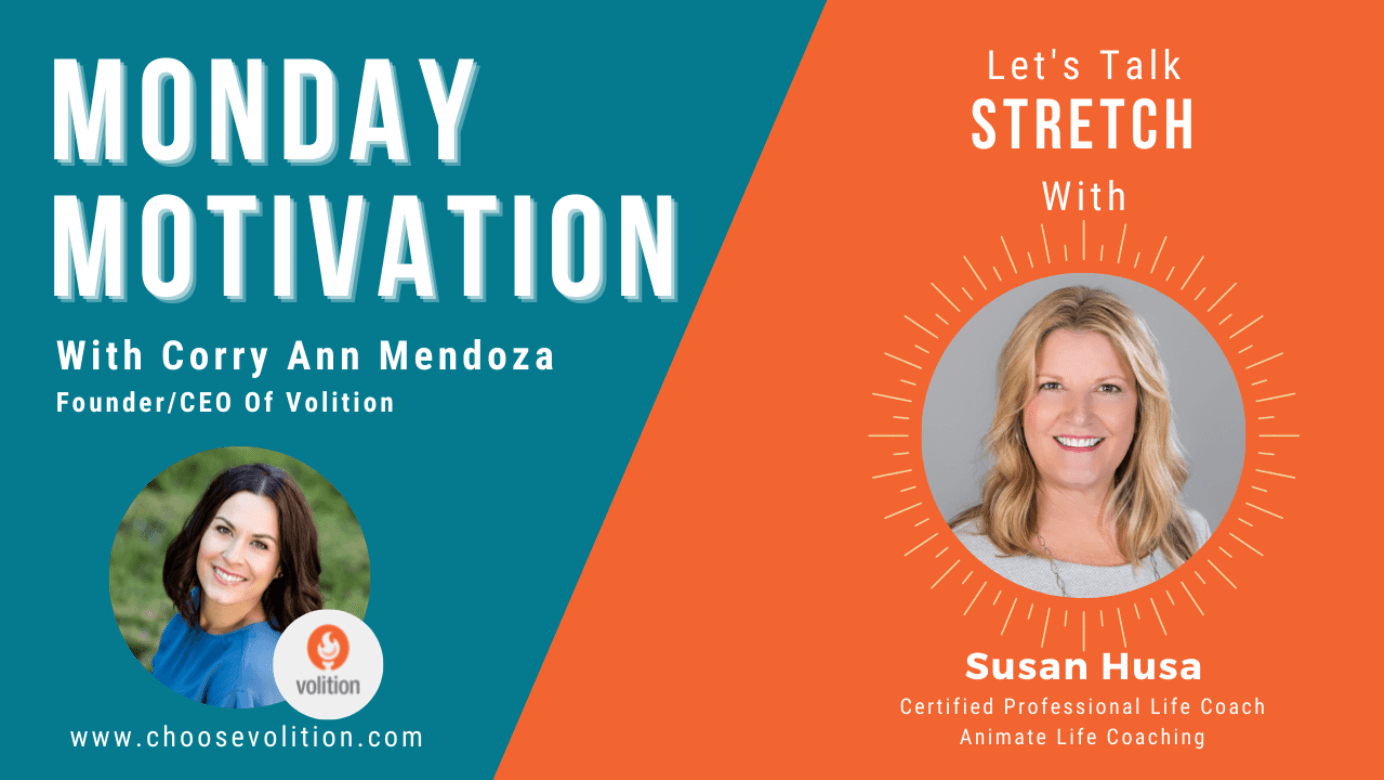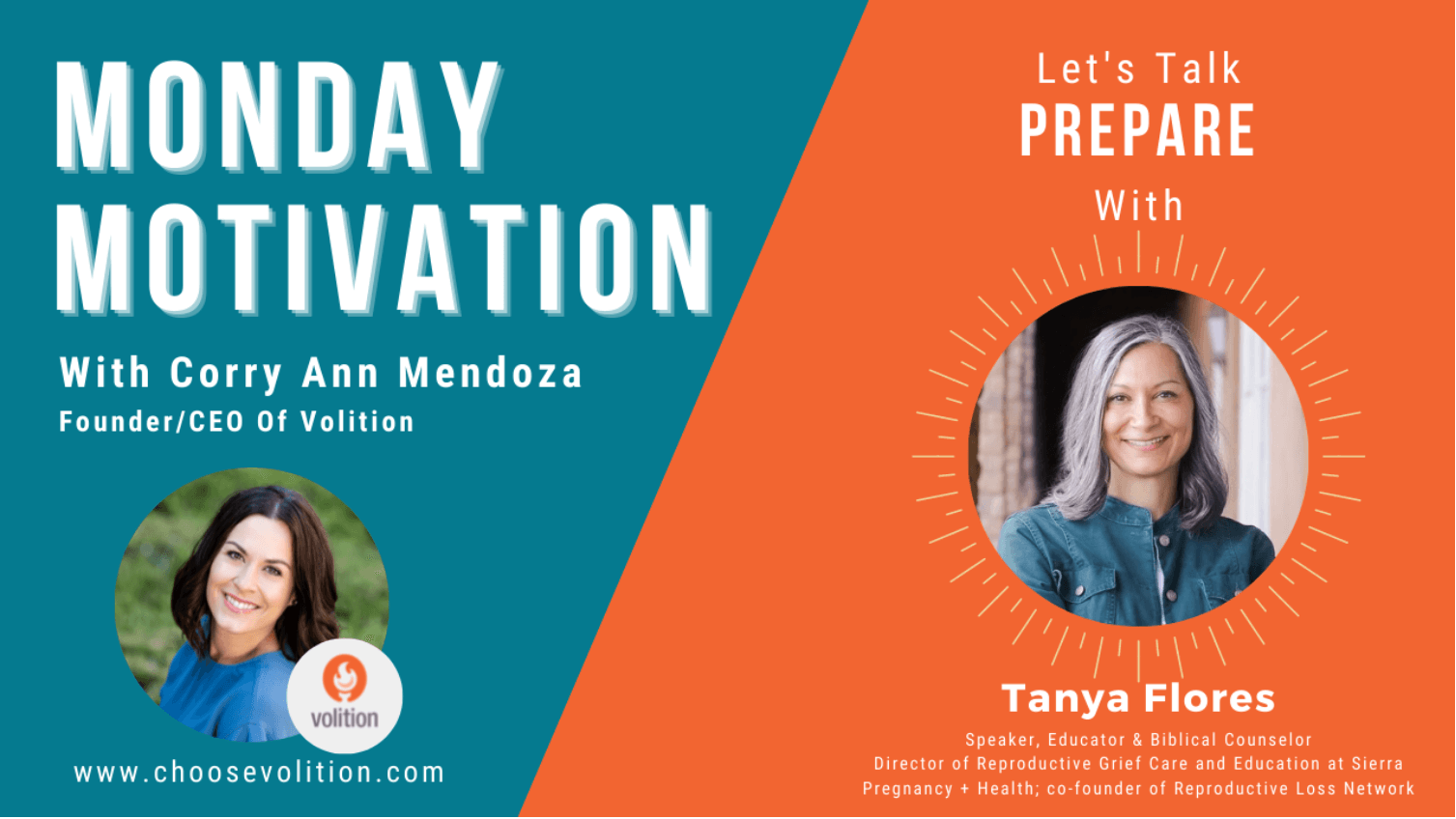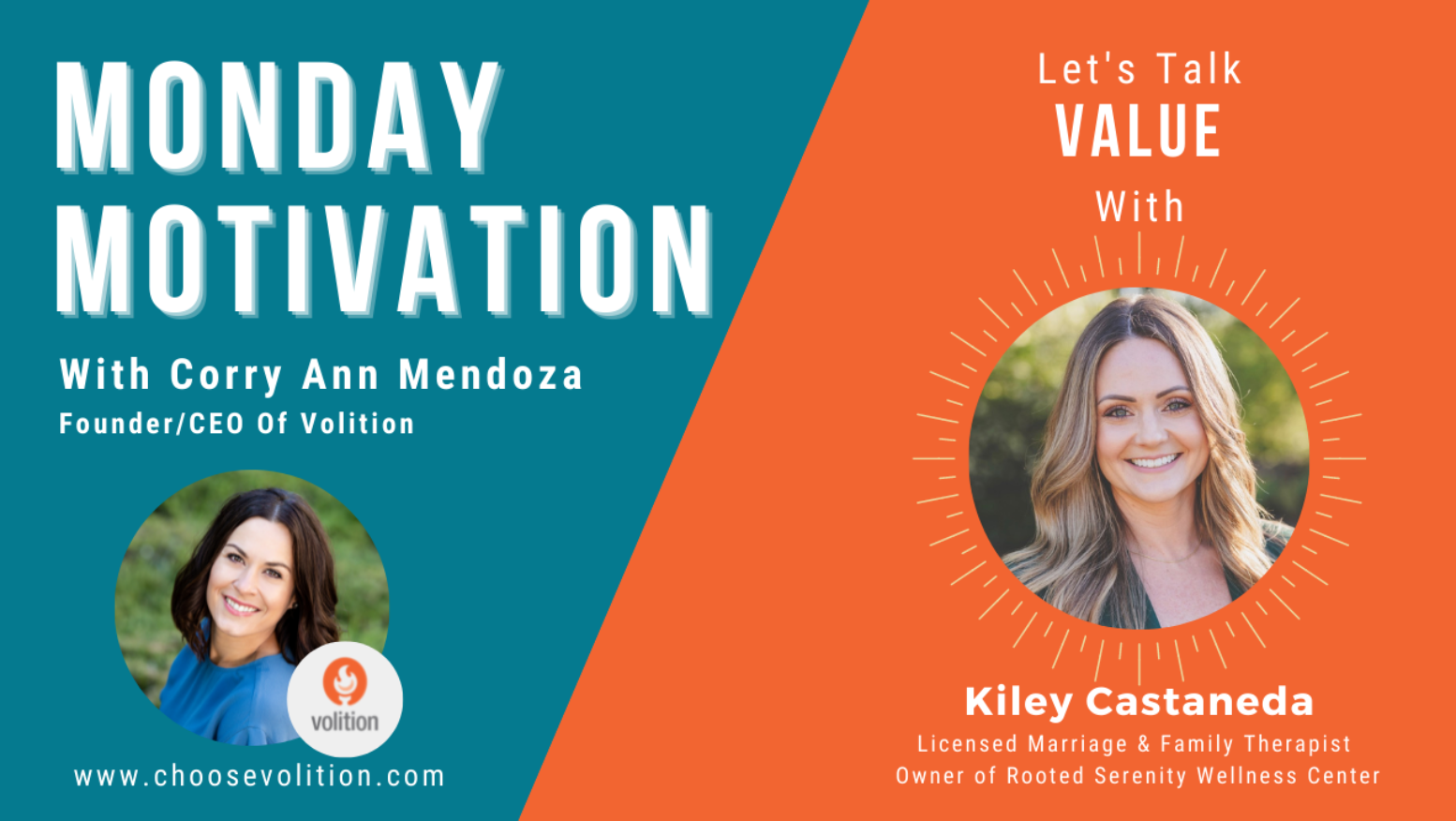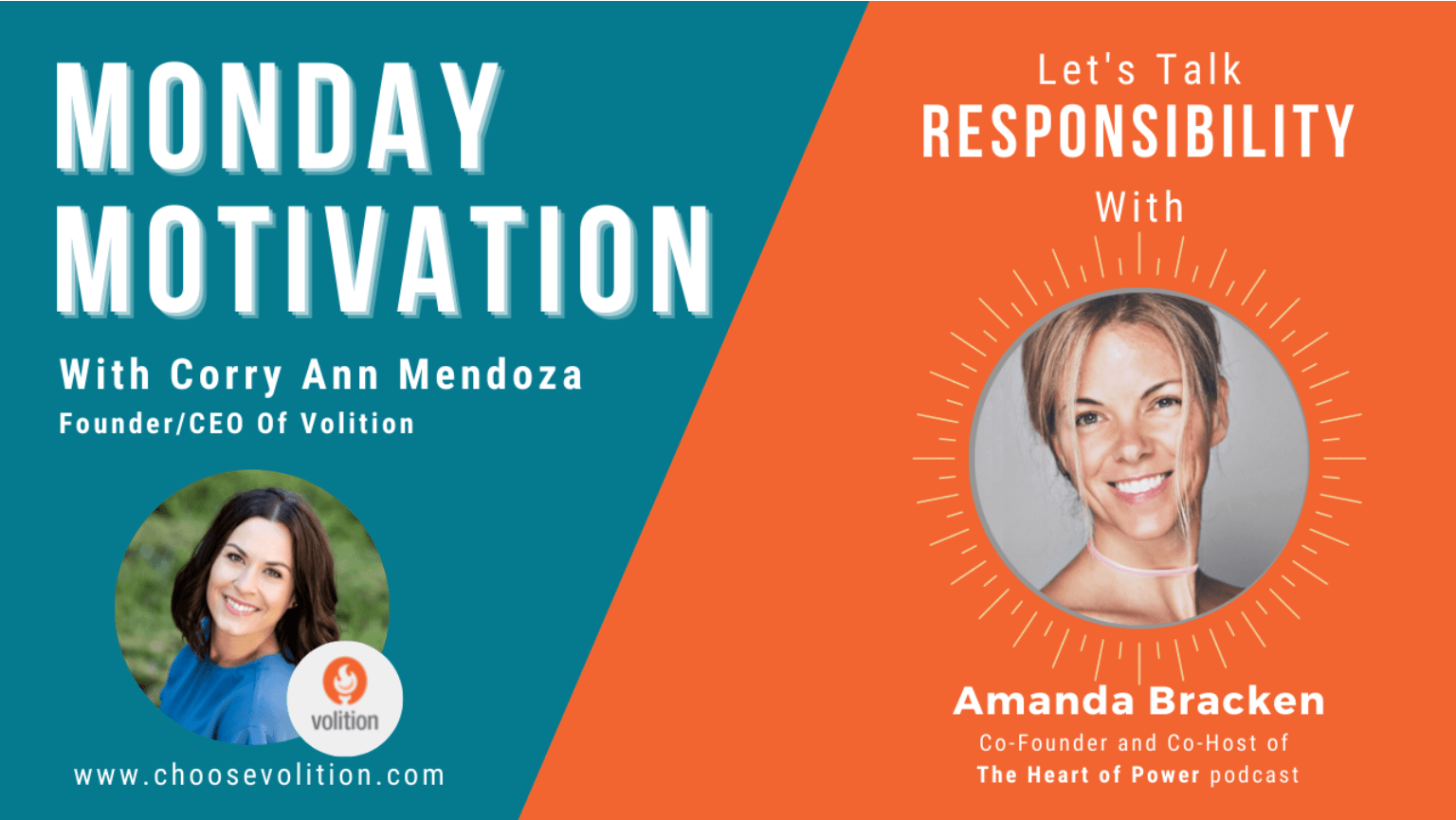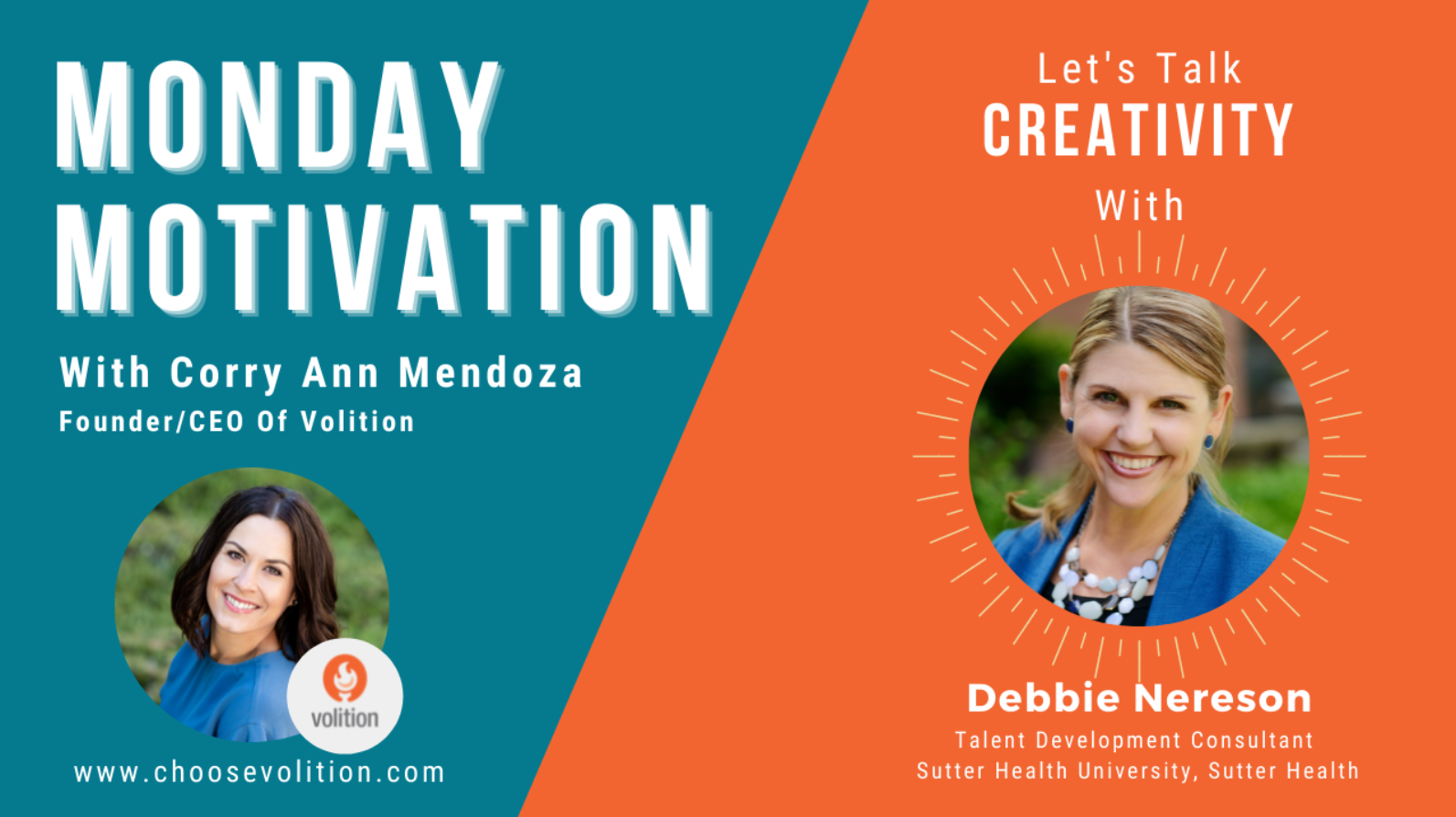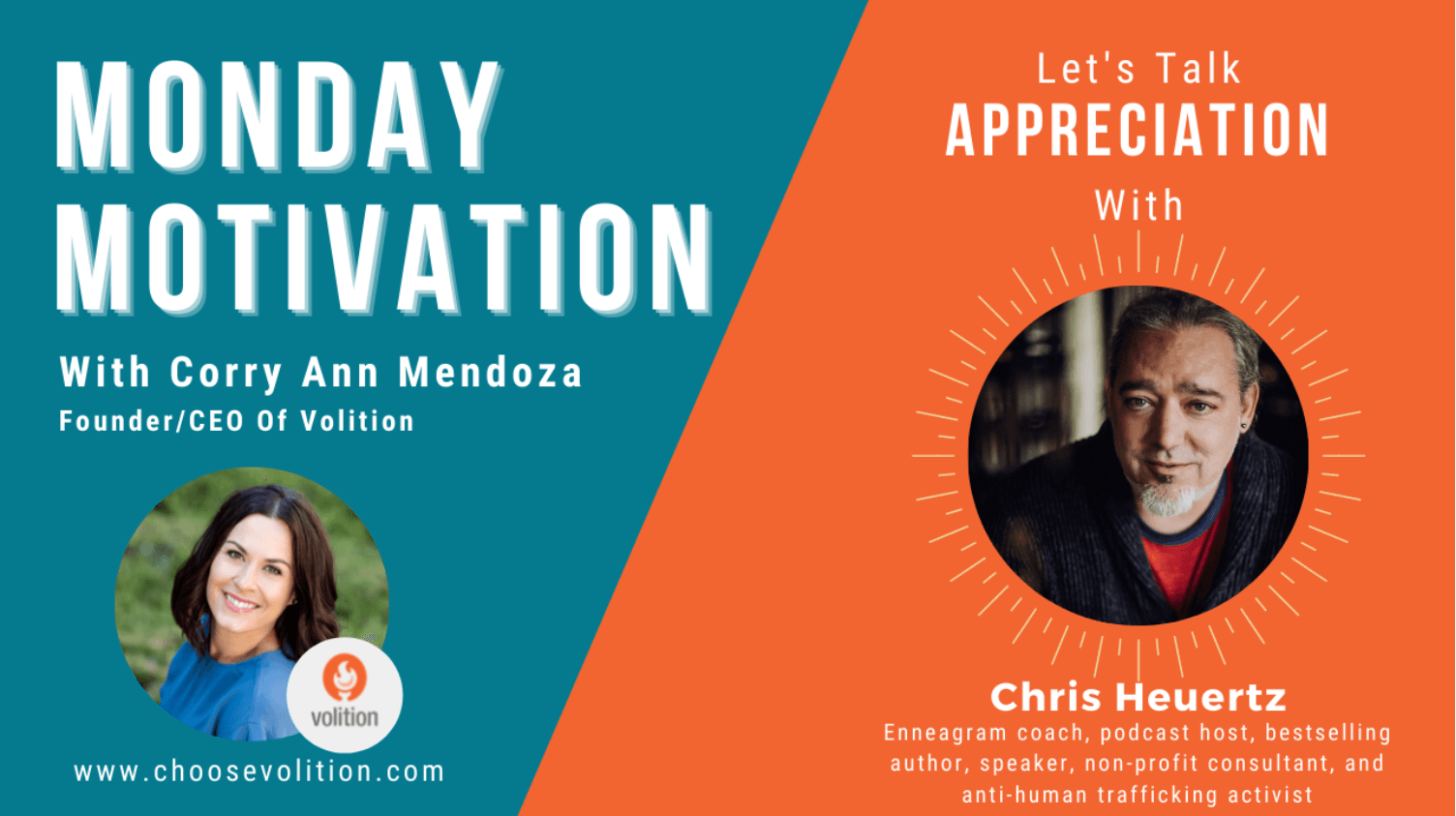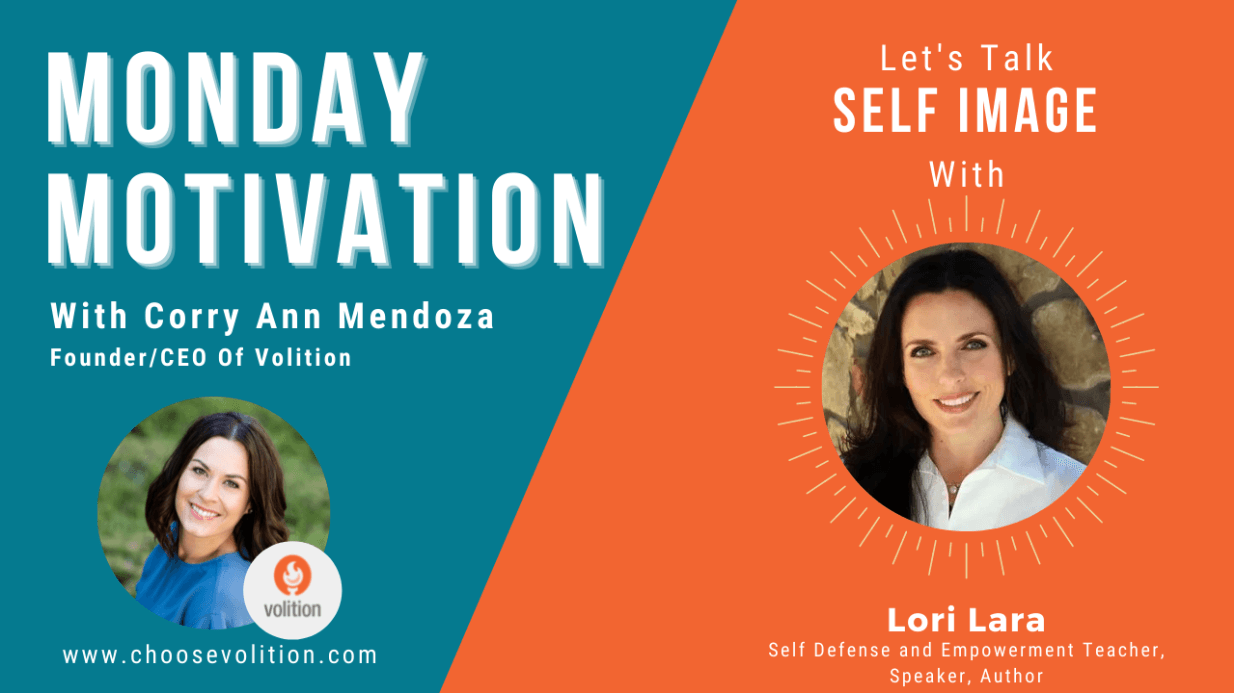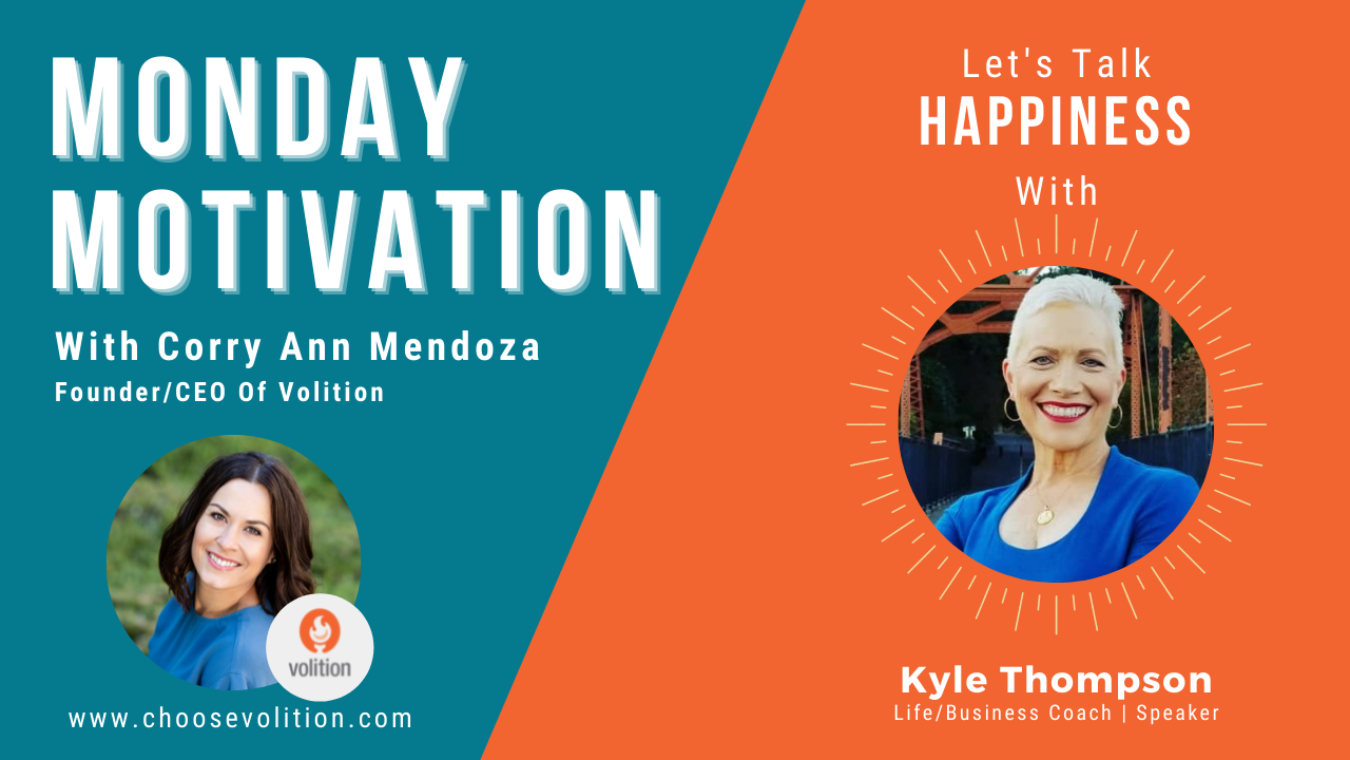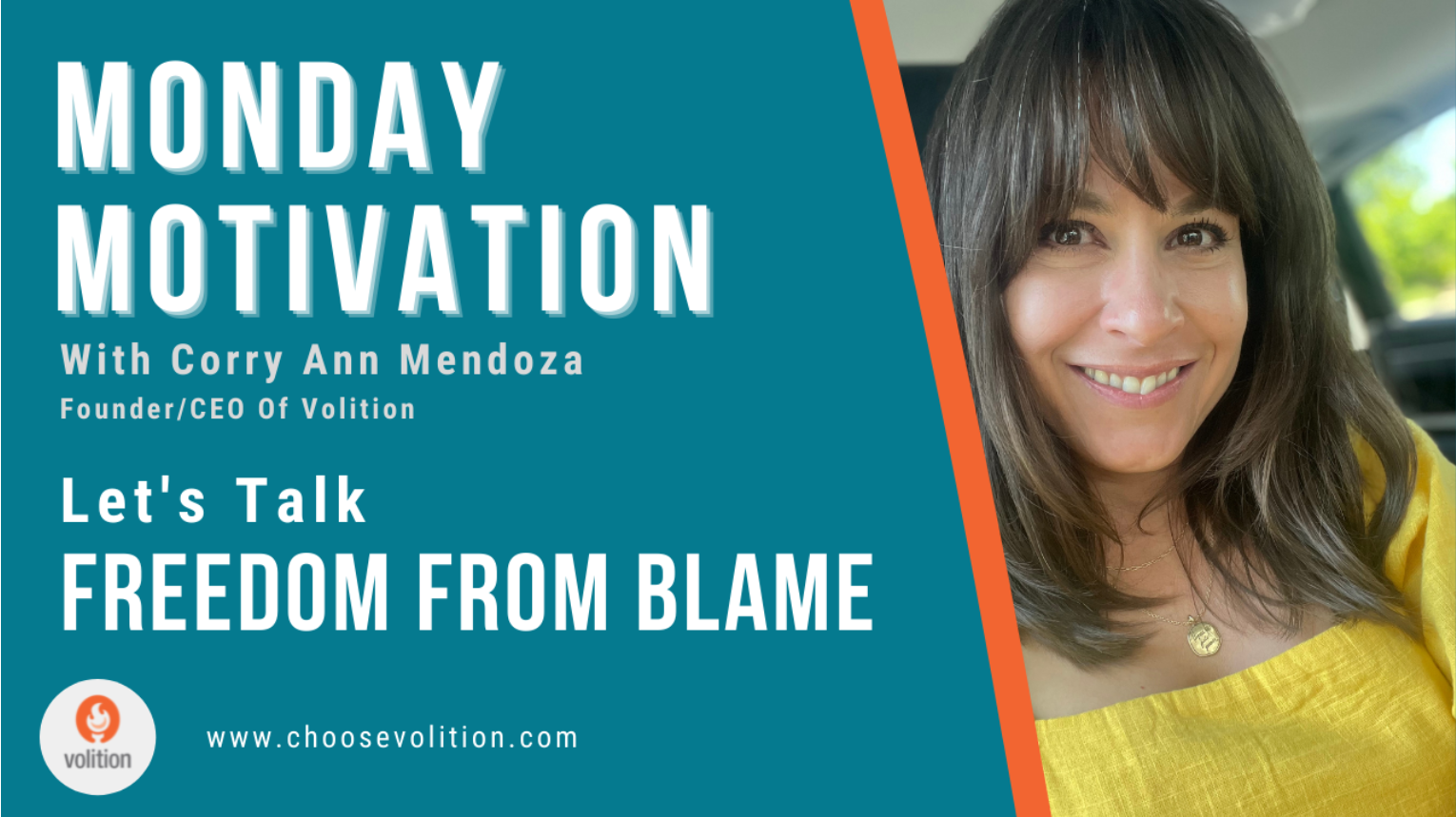Balance
Balance
“The willingness to accept responsibility for one’s own life is the source from which self-respect springs.”
Joan Didion
On Today’s Monday Motivation, Corry discusses BALANCE with Tony Cooper.
Watch their conversation on YouTube or listen on Apple Podcast and Spotify.
Tony Cooper is the CEO of Market Force. He helps business leaders simplify complicated issues and helps them gain new skills and insights. Since 2002, Tony has trained, coached, and consulted. Prior to Market Force, he held positions at General Motors’ Saturn as a Silicon Valley product design consultant and founded Splinter Furniture Design.
Tony is an active volunteer for community-based organizations and loves water sports. In his youth, he was a nationally ranked diver and Tae Kwon Do martial artist. And now, after a lifetime of city dwelling, he is raising his family on a farm in Davis, California.
What is the importance of balance? What does it take for you to have balance? What happens when you get out of balance? These are all very important questions for you to consider when making commitments. We all have an “oops factor.” An oops factor is the point we get to, from doing too much where we crash and burn. Sometimes it shows up in our health when our body demands some downtime to recoup and get back in balance. If you know your limits ahead of time, you will be able to maintain balance without a crash and burn.
Balance is important for stability and progress. How well can you perform when you are out of balance? When I am out of balance, I find myself very agitated and less tolerant of irritating things. When I am out of balance, I am certainly not content. Unfortunately, sometimes it takes getting a little out of balance to recognize that I need to get myself back in balance.
I remember having a conversation with a friend about balance. I set a goal to obtain balance and his response shifted my perspective. His response was that balance isn’t real; it’s an illusion. Basically, balance isn’t something we can go buy or go get, then check it off our list and be done with it. When we achieve balance, we must maintain it with continual counterbalancing. Look at a dancer or a gymnast. When a dancer holds a pose, you will hear the viewers say, “ah, look at that perfect balance.” But if you were to look closely, you would see all the muscles in her body continually counterbalancing, providing the appearance that she is in balance.
The same is true in our lives. We must know our limits in keeping our lives in balance and then make sure to keep up with the counterbalancing. As life changes, our limits will adjust, and to maintain balance, we too must adjust. Take a quick inventory of how balanced you are right now. Make a list of all the areas that are important to you, and then rate them. Which areas received a low rating, pulling you out of balance, and what would it take to get you back in balance? Often, it isn’t a major change that is necessary. It may be a minor adjustment like a 15-minute walk in the morning or cutting back on dessert a few nights a week. You can create and maintain balance by keeping an eye on your counterbalancing. Tackle one area today and experience the efficiency being in balance creates.
STAY CONNECTED
Sign up below to receive our Monthly Volition Insight Toolkit.
Newsletter
We will get back to you as soon as possible.
Please try again later.
All Rights Reserved | Volition | Privacy Policy | Terms of Service | Affiliate Disclosure | Legal Disclaimers

